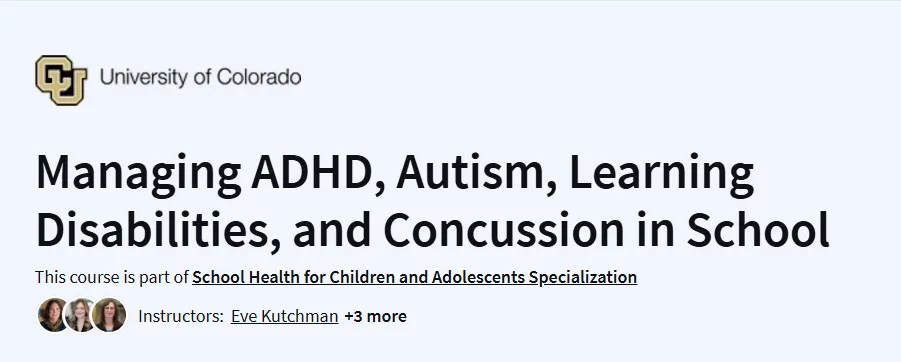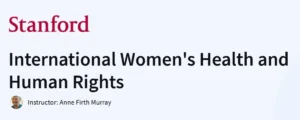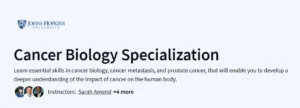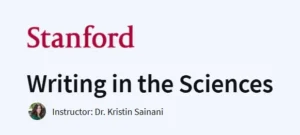What you will learn in Managing ADHD, Autism, Learning Disabilities, and Concussion in School Course
- Evidence-based classroom strategies for neurodiverse students
- ADHD symptom recognition and intervention plans
- Autism spectrum learning accommodations
- Learning disability identification and support
- Concussion protocols and academic adjustments
- IEP/504 plan development
- Collaborative approaches with healthcare teams
Program Overview
Understanding Neurodiversity
⏱️ 2 weeks
- Covers brain development differences, prevalence data, and legal frameworks (IDEA, ADA).
- Includes case studies of successful inclusion models.
ADHD in Educational Settings
⏱️2 weeks
- Focuses on executive function supports, behavioral strategies, and medication considerations.
- Features teacher/parent collaboration techniques.
Autism Spectrum Supports
⏱️ 2 weeks
- Examines sensory accommodations, communication tools, and social skill development.
- Includes transition planning for different school levels.
Learning Disabilities & Concussion
⏱️ 4 weeks
- Addresses dyslexia/dyscalculia interventions, concussion recovery protocols, and gradual return-to-learn frameworks.
Get certificate
Job Outlook
- Professional value: Essential for educators/school administrators
- Salary potential: Special education directors earn 70K−120K
- Industry demand: 8% growth for special ed teachers (BLS)
- Certification benefit: Counts toward continuing education units
Specification: Managing ADHD, Autism, Learning Disabilities and Concussion in School
|
FAQs
- You’ll learn how ADHD, autism, learning disabilities, and concussions affect children in school settings.
- The course explains how to identify signs and symptoms teachers or caregivers may first notice.
- It focuses on practical strategies schools can use to manage and support students with these conditions.
- You’ll understand the role of families, healthcare professionals, and teachers in working together.
- By the end, you’ll know how these conditions impact learning, behavior, and long-term development.
- The course takes about 9 hours total, usually spread across 4 weeks.
- It’s offered fully online, so you can learn from anywhere.
- The course is self-paced—you control how quickly or slowly you complete the modules.
- It is designed for beginners, so no prior medical or teaching background is required.
- Learning is delivered through short videos, readings, and quizzes to reinforce knowledge.
- Yes, a certificate of completion is available once you finish the course.
- The certificate is shareable—you can add it to LinkedIn, your résumé, or job applications.
- It shows commitment to understanding children’s health and inclusive education.
- Useful for teachers, parents, healthcare staff, or anyone working with children.
- Some platforms may require a fee for the verified certificate, while audit mode is free.
- The course is taught by healthcare and education experts.
- Instructors include Lauren Welch, Daniel Nicklas, Eve Kutchman, Karen Hecker, and others.
- They bring backgrounds in pediatrics, neurology, child advocacy, and school health.
- Their teaching style blends medical knowledge with practical classroom strategies.
- You’ll benefit from a mix of scientific explanation and real-world case examples.
- This course belongs to the “School Health for Children and Adolescents” specialization.
- When you enroll, you gain access to the whole specialization automatically.
- Completing all courses in the specialization gives you a comprehensive certificate.
- You can also just take this course alone if you want a focused learning experience.
- It’s offered by the University of Colorado System, ensuring credible, research-based teaching.

Managing ADHD, Autism, Learning Disabilities and Concussion in School




